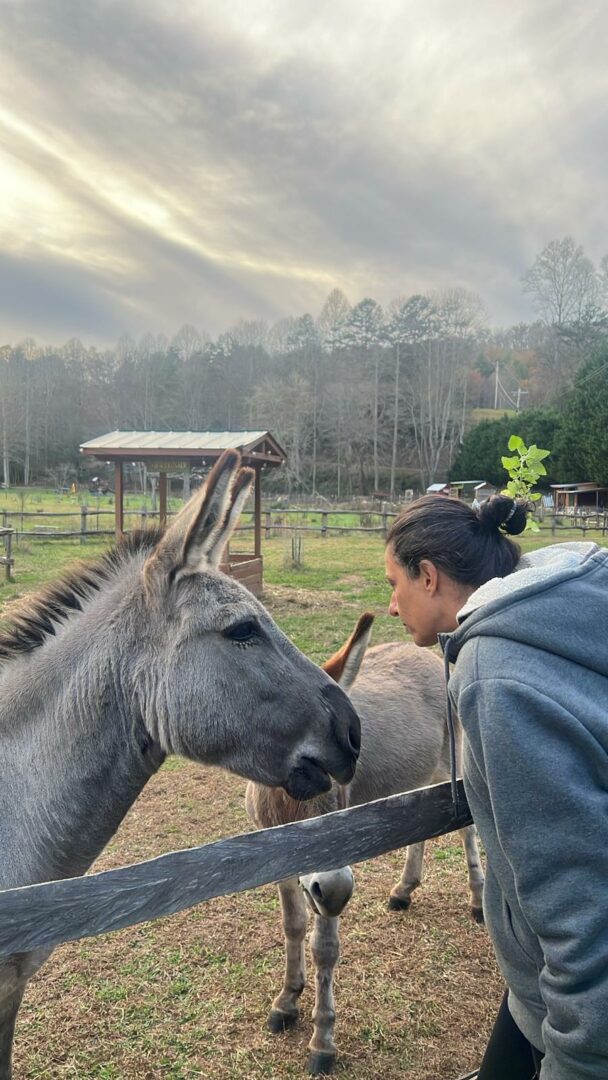We recently had the chance to connect with Alessandra Salafia and have shared our conversation below.
Alessandra , it’s always a pleasure to learn from you and your journey. Let’s start with a bit of a warmup: What is a normal day like for you right now?
A normal day at Owl Creek begins with the gentle sound of water flowing through our 1,300-foot creek. I love to walk barefoot in the cool stream, collecting smooth stones that feel like small treasures. The day unfolds among orchards, gardens, and the laughter of our animals, while guests and family share fresh meals from the farm. At night, we fall asleep to the lullaby of frogs and crickets under a sky filled with stars — nature’s own serenade.
Can you briefly introduce yourself and share what makes you or your brand unique?
My name is Alessandra, and with my family
I am the founder of Owl Creek Farm Resort, a biodynamic and eco-friendly glamping retreat in the mountains of North Carolina. Our ten acres are fully off-grid and self-sufficient, with a 1,300-foot creek, orchards, and free-roaming animals. What makes us unique is that we follow the principles of biodynamics, treating the farm as a living organism in harmony with the rhythms of nature and the cosmos. Guests are invited not only to stay, but to experience a way of life — walking in the creek, tasting honey from our bees, and joining workshops that revive ancient arts and traditional crafts. At Owl Creek, every sunrise and every starry night becomes a reminder of how deeply we belong to nature.
Amazing, so let’s take a moment to go back in time. What’s a moment that really shaped how you see the world?
A turning point for me was when I discovered biodynamics and realized that the land is a living being, not just soil to cultivate. That moment reshaped my entire vision: I understood that every seed, every drop of water, every animal is part of a greater harmony. From then on, I chose to live and work in a way that honors nature’s rhythms — and Owl Creek was born out of that vision.
If you could say one kind thing to your younger self, what would it be?
I would tell her not to waste time in suffering, but to savor every moment of her present. Even the pains of youth, when seen through today’s eyes, carry the flavor of joy. And I would leave her with a Native American proverb: “A day without a smile is a day lost.”
So a lot of these questions go deep, but if you are open to it, we’ve got a few more questions that we’d love to get your take on. What’s a cultural value you protect at all costs?
For me, the value I protect at all costs is biodynamics the belief that the Earth is a living organism and that we are meant to live in rhythm with it, not against it. At Owl Creek, this shapes everything: how we grow our food, how we care for the animals, and how we welcome guests into nature’s embrace. Because in truth, we do not inherit the Earth from our ancestors, we borrow it from our children.
Okay, so before we go, let’s tackle one more area. When do you feel most at peace?
I actually shared a post about this very question on my Facebook and Instagram pages.
In it, I wrote:
If someone asked me where I find a place that empties my mind and fills me with joy and inner peace, my answer would always be: a farm in the mountains. When I am surrounded by my animals, my plants, my flowers, and my medicinal herbs, the rest of the world simply disappears. In those moments, it’s just Mother Nature and me — her music, her colors, her scents, and all her wonders.
Contact Info:
- Website: https://www.owlcreekfarmresort.com/
- Instagram: https://www.instagram.com/owlcreekfarmresort?igsh=MXg5OTBybHhueGk2aQ%3D%3D&utm_source=qr
- Facebook: https://www.facebook.com/share/19iY9LabBR/?mibextid=wwXIfr
- Youtube: @owlcreekfarmresort
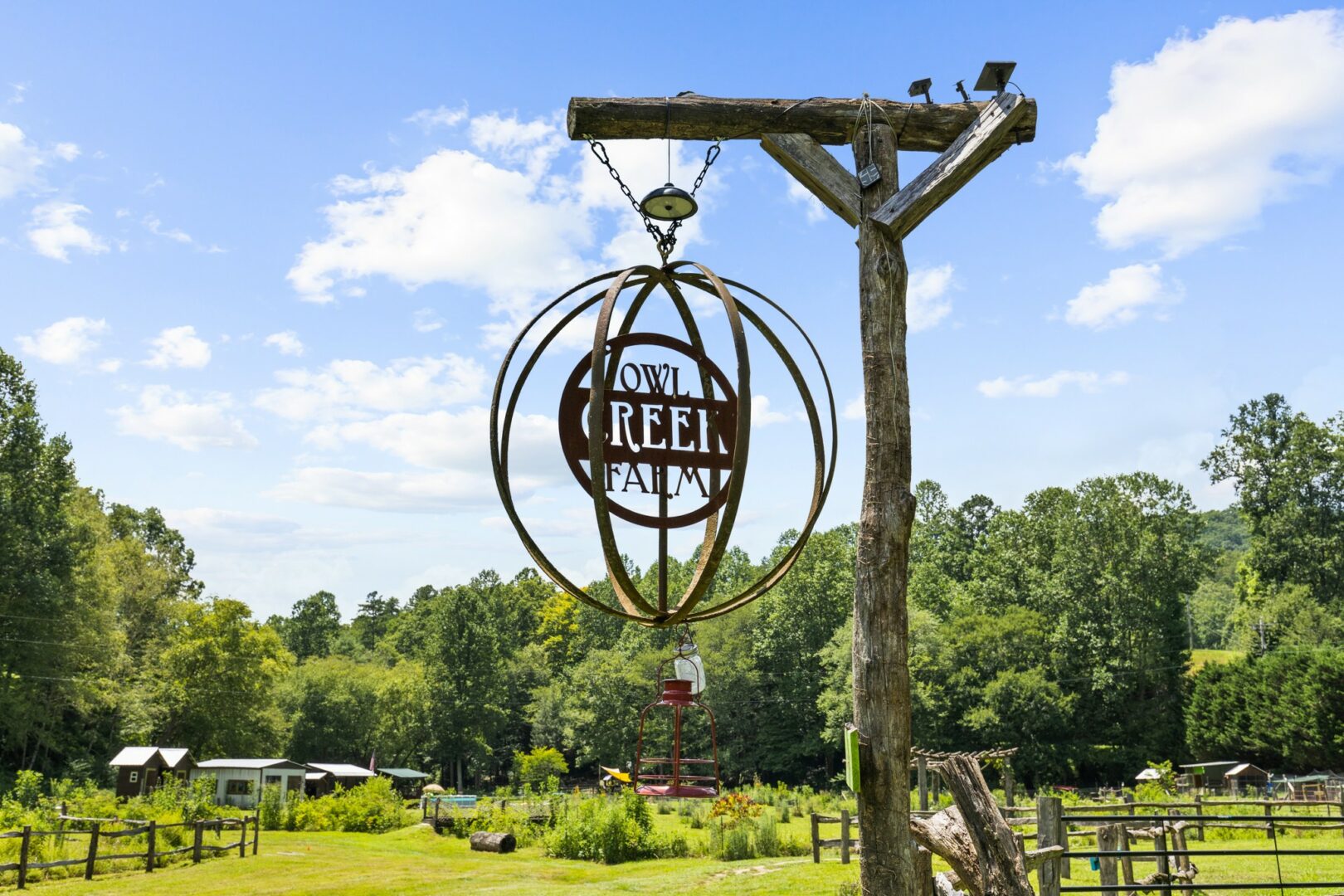
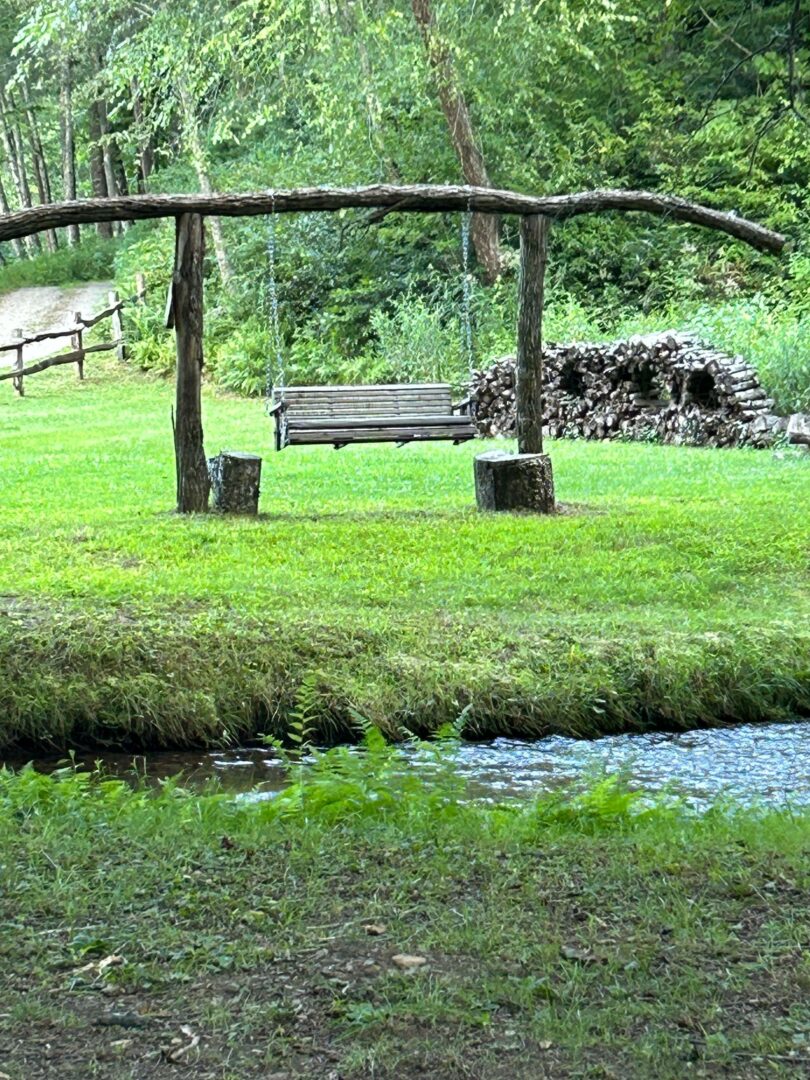
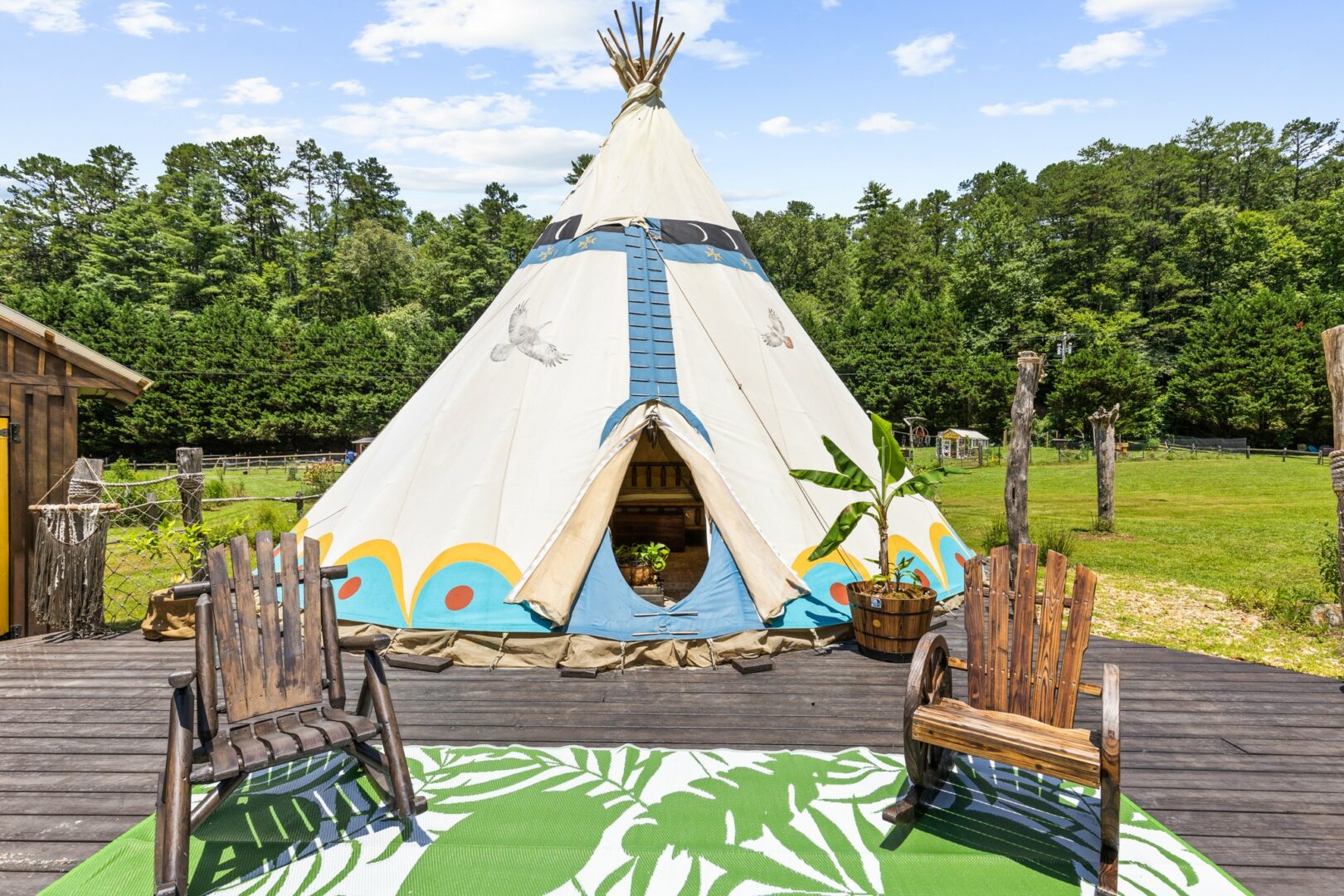
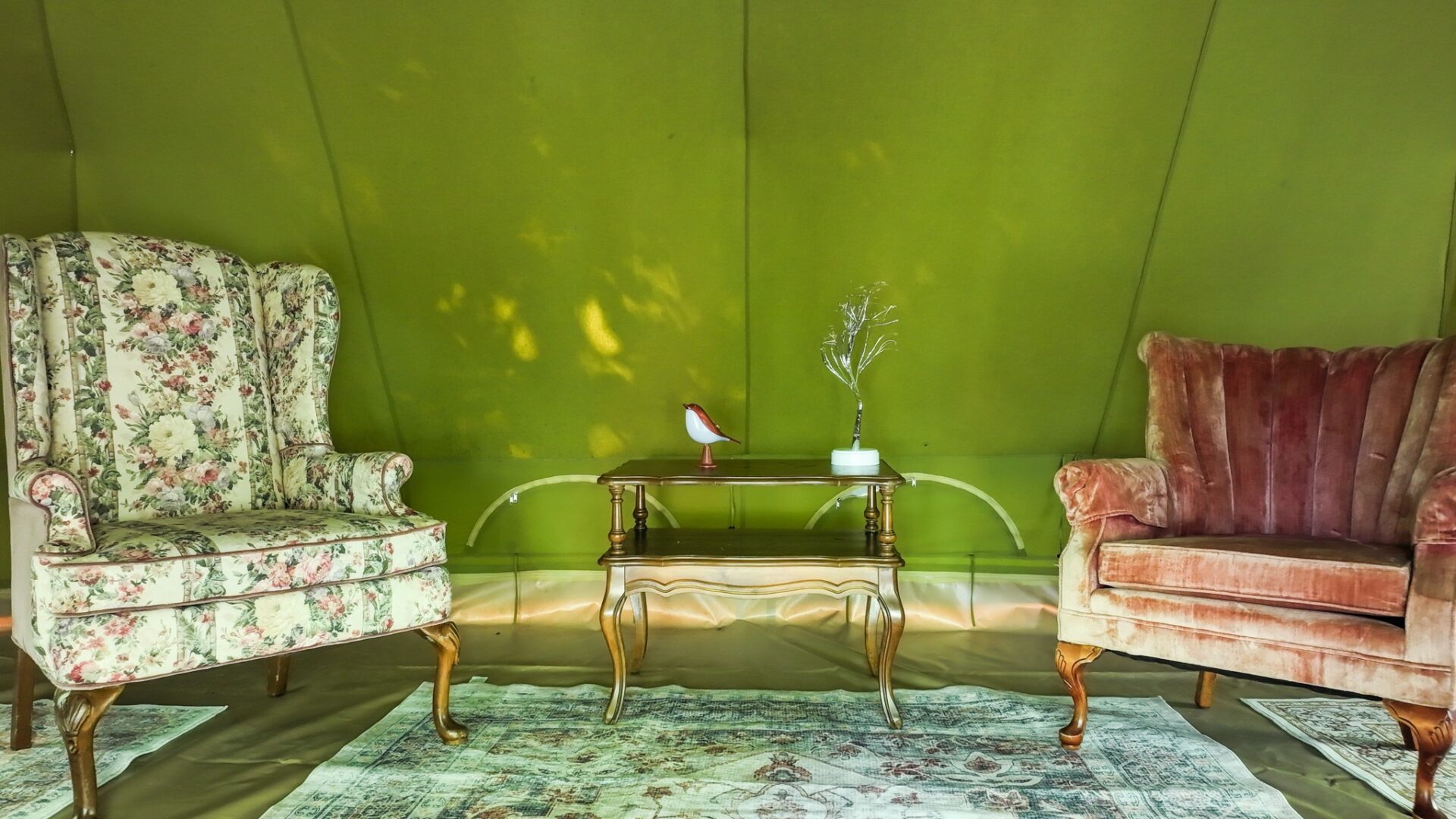
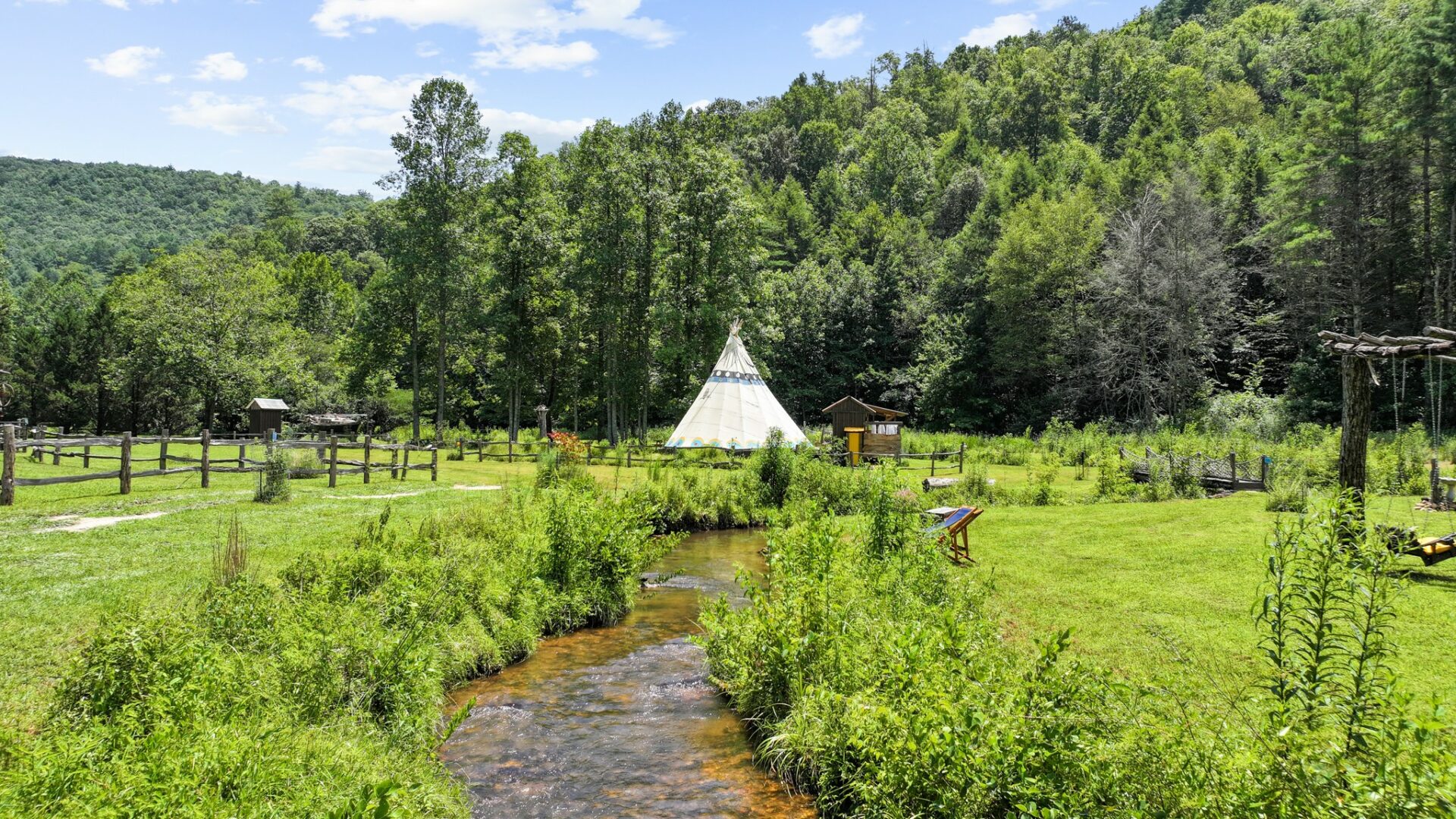
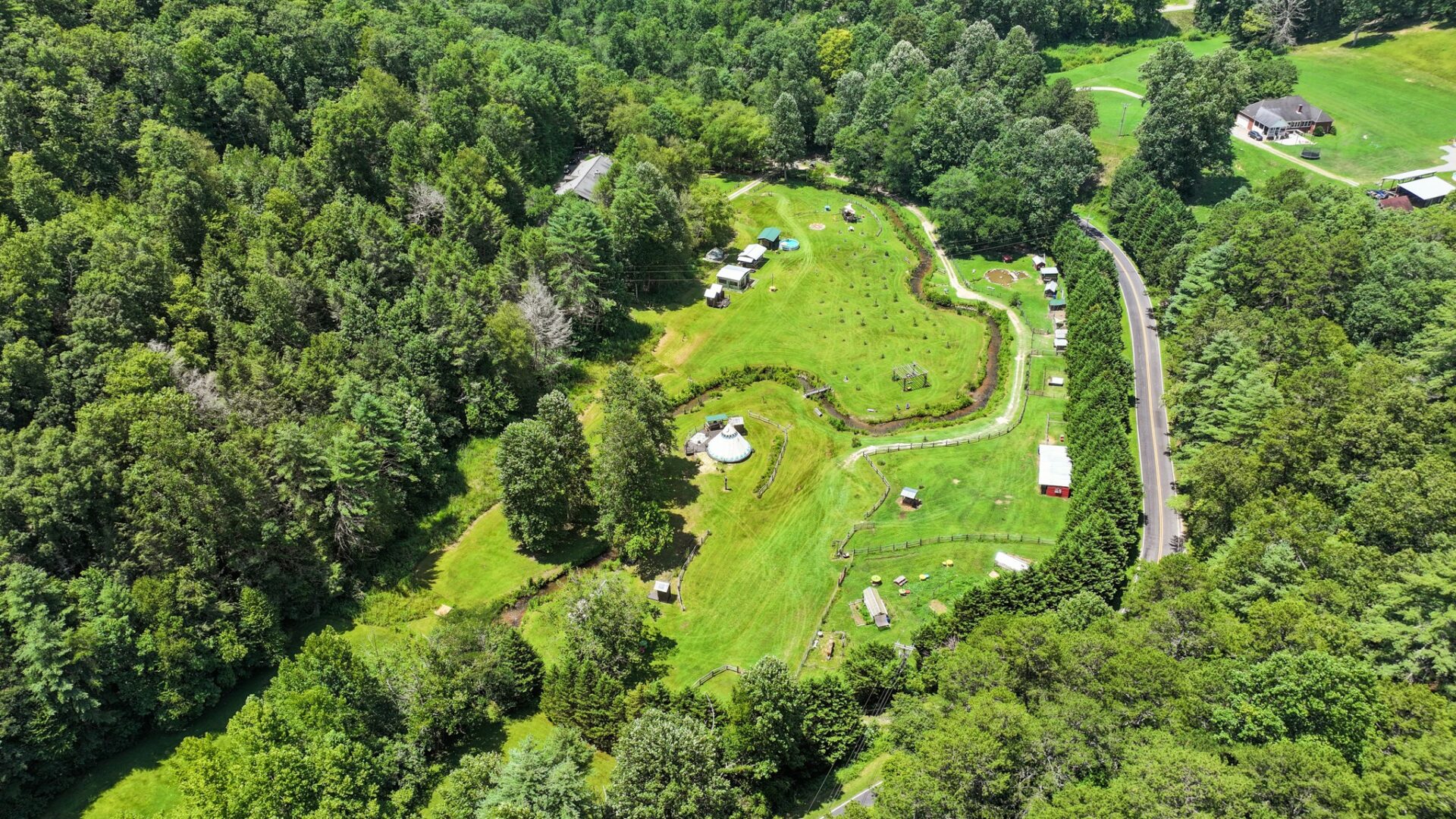
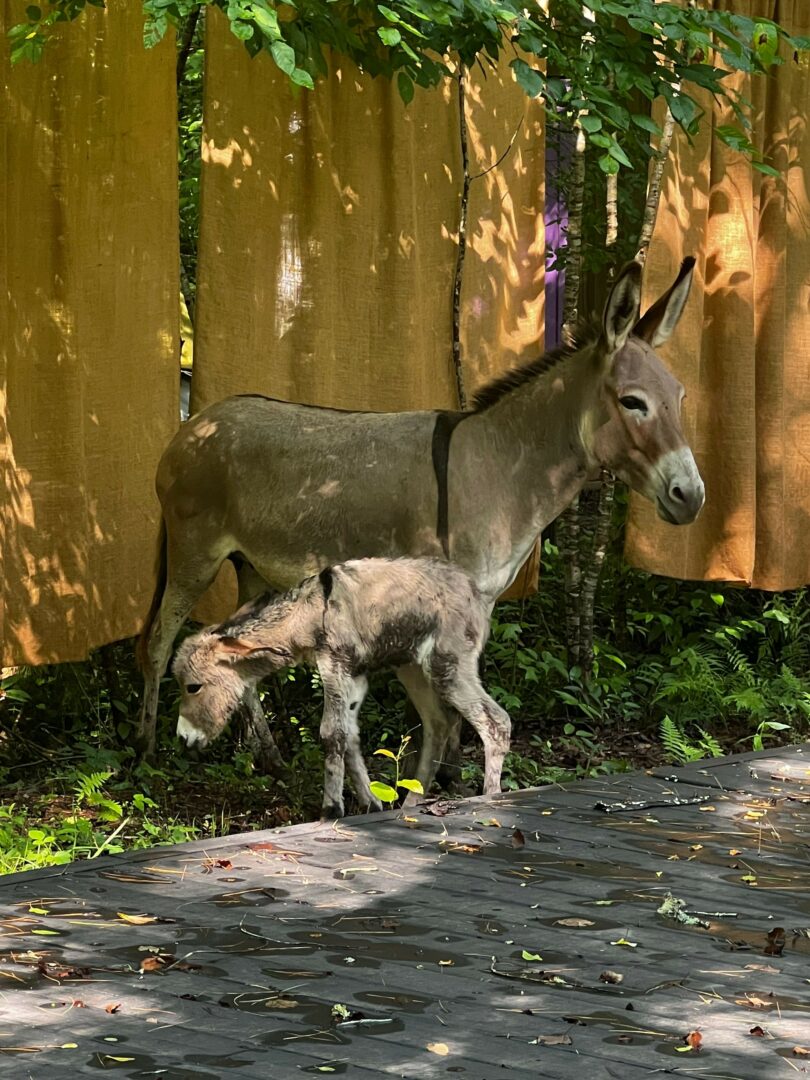
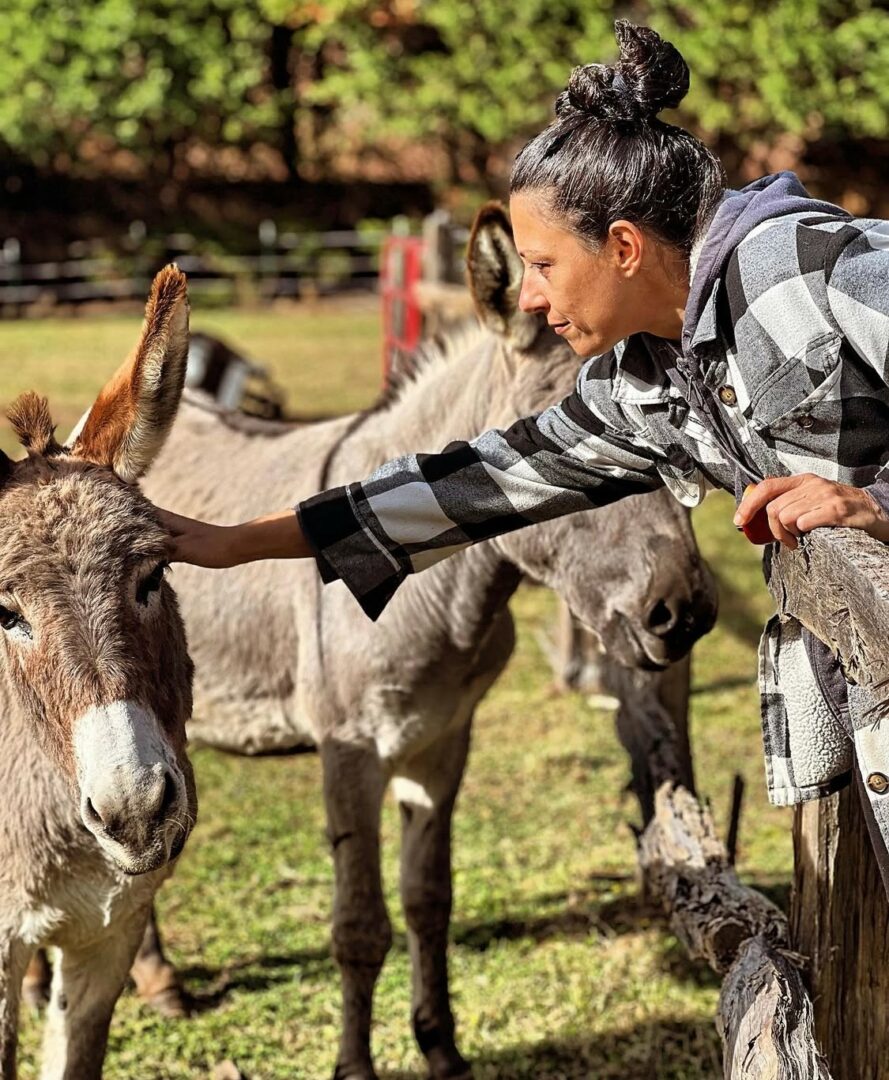
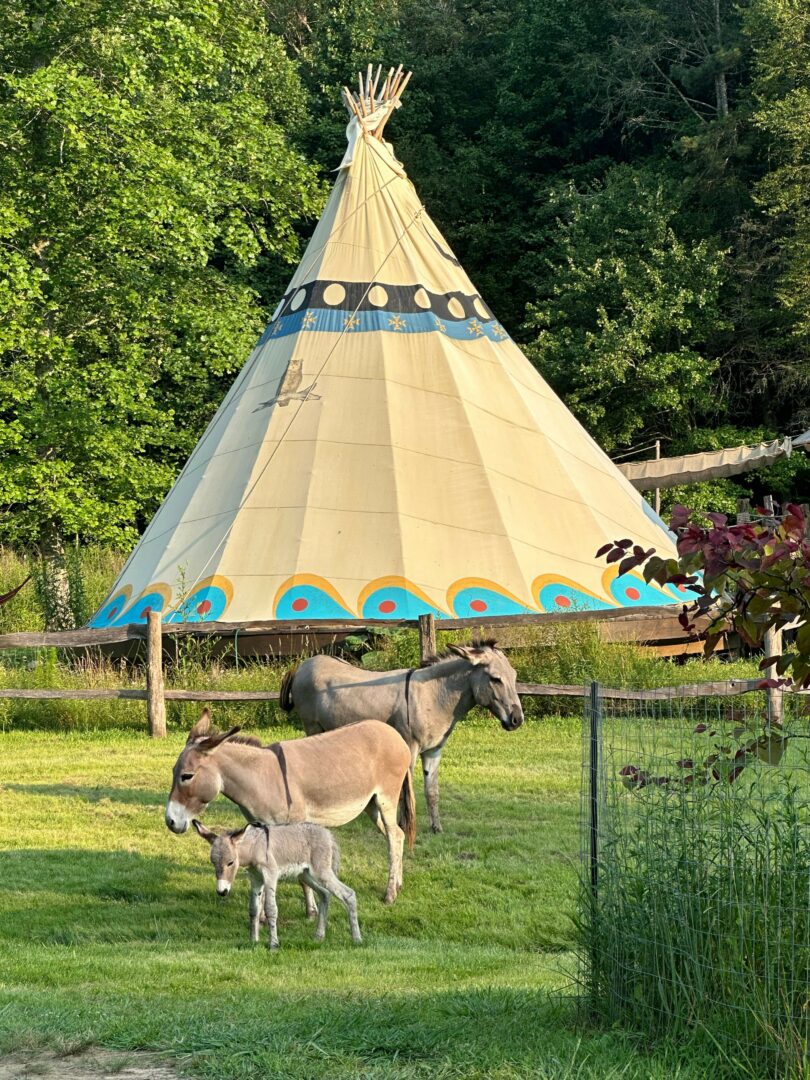
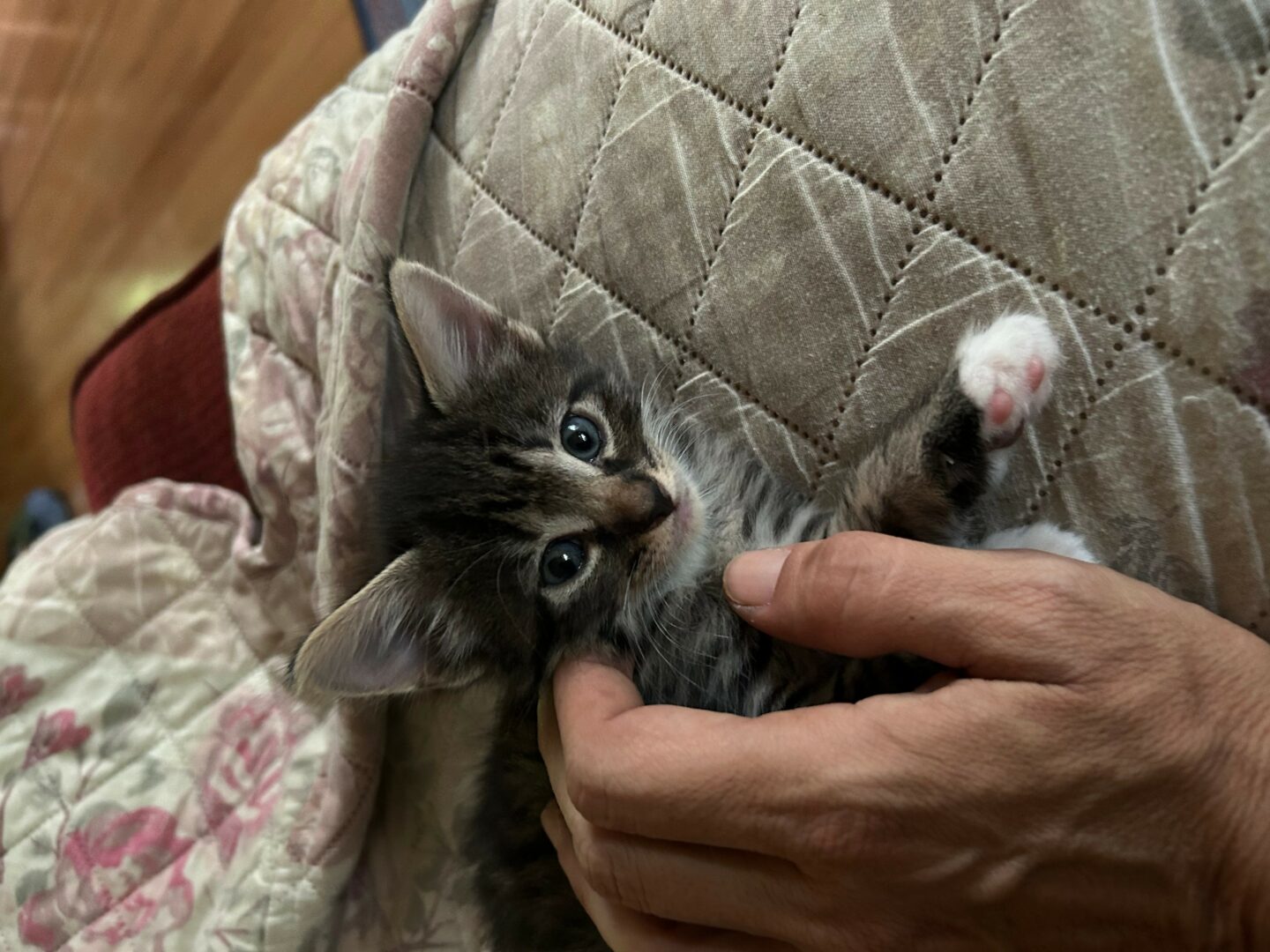
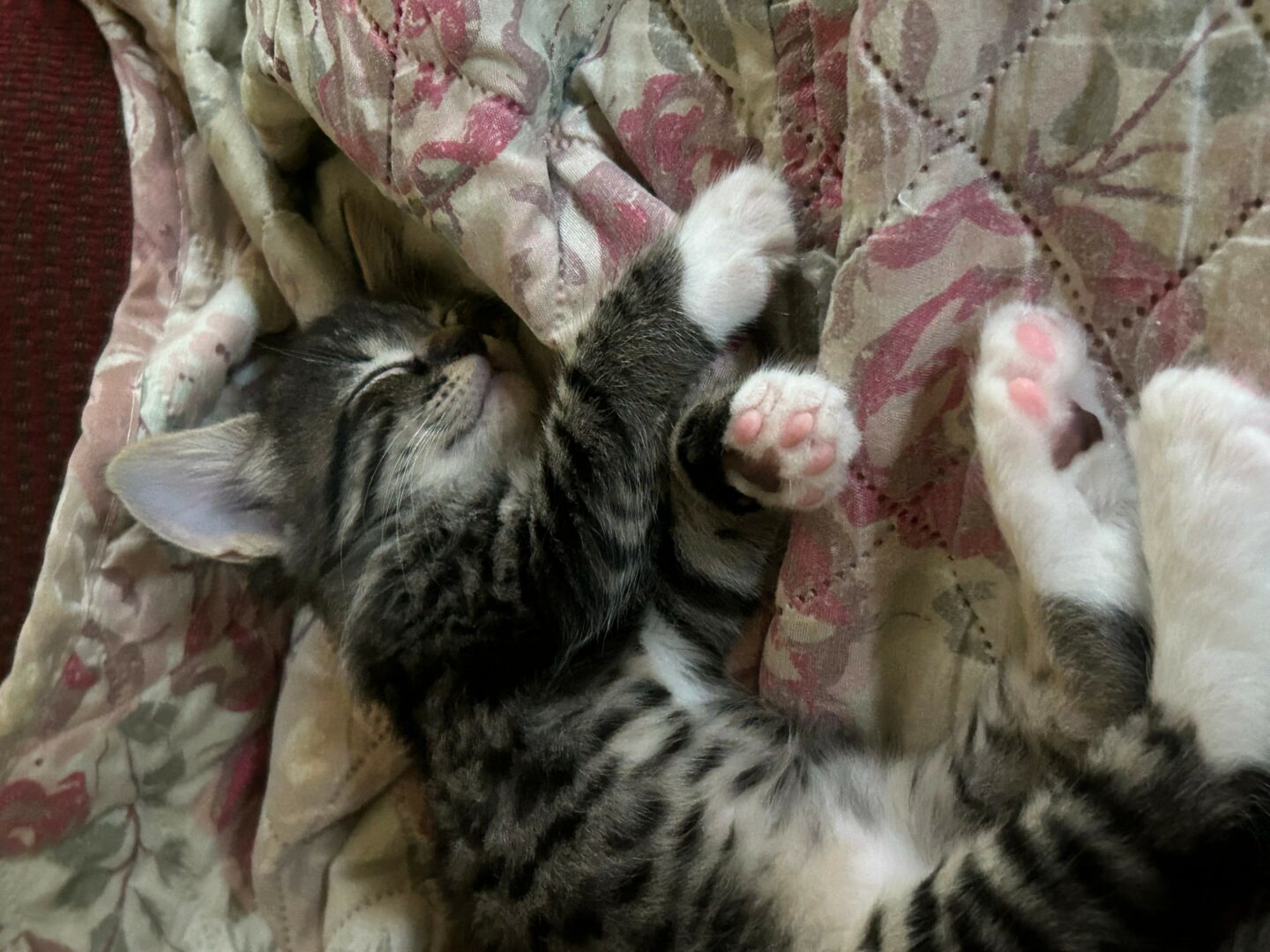
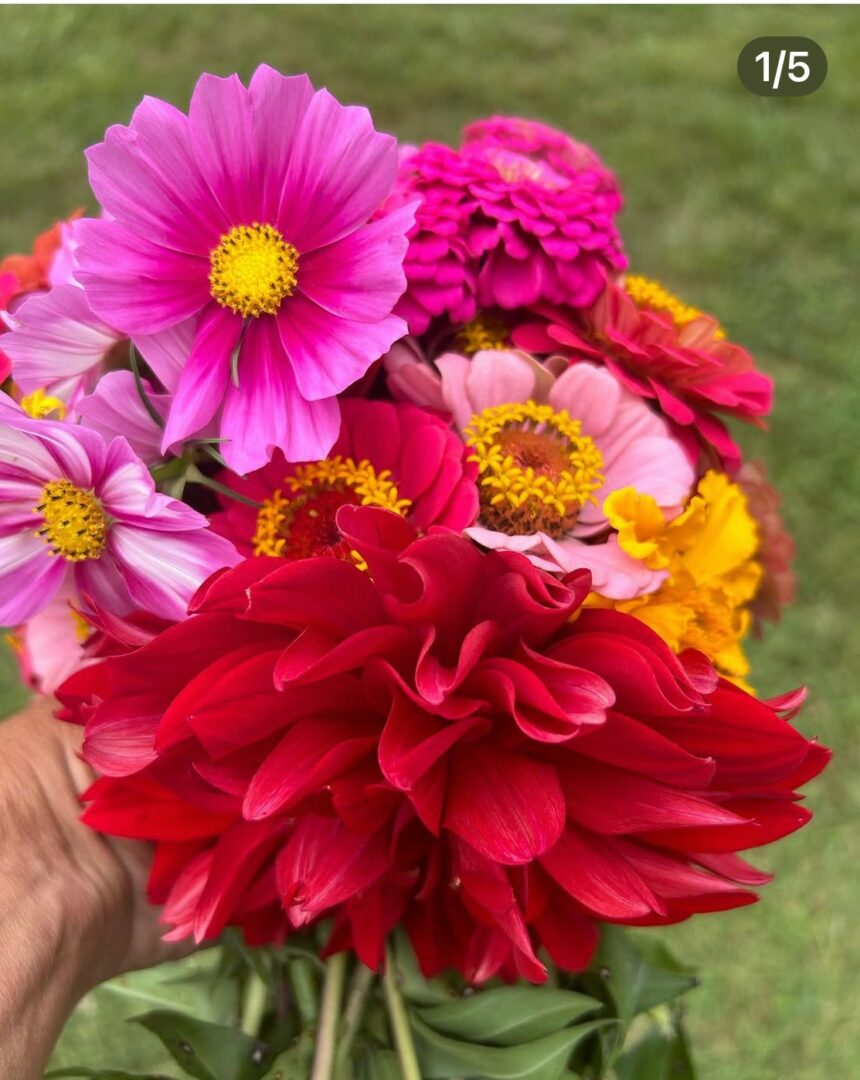
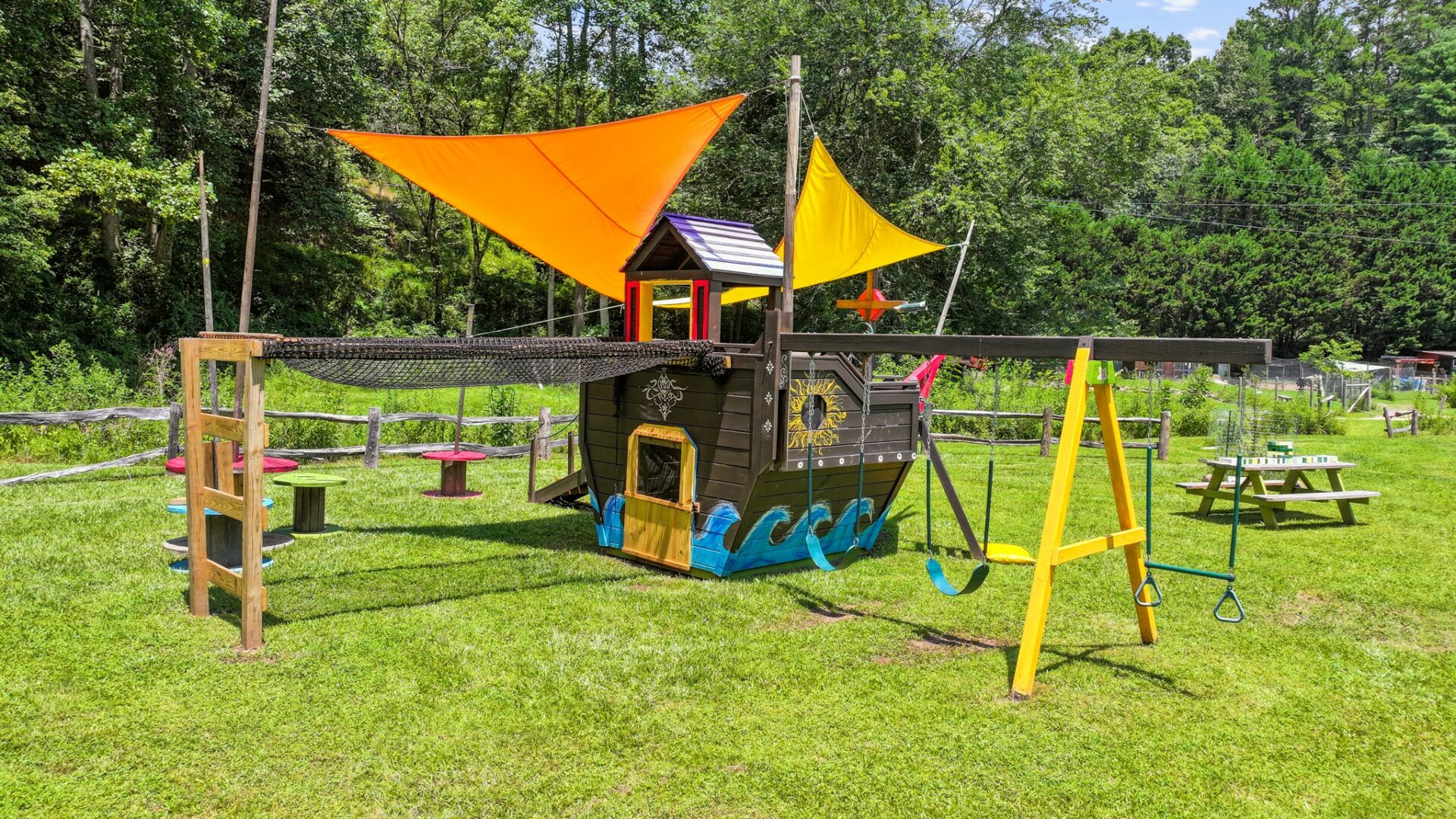
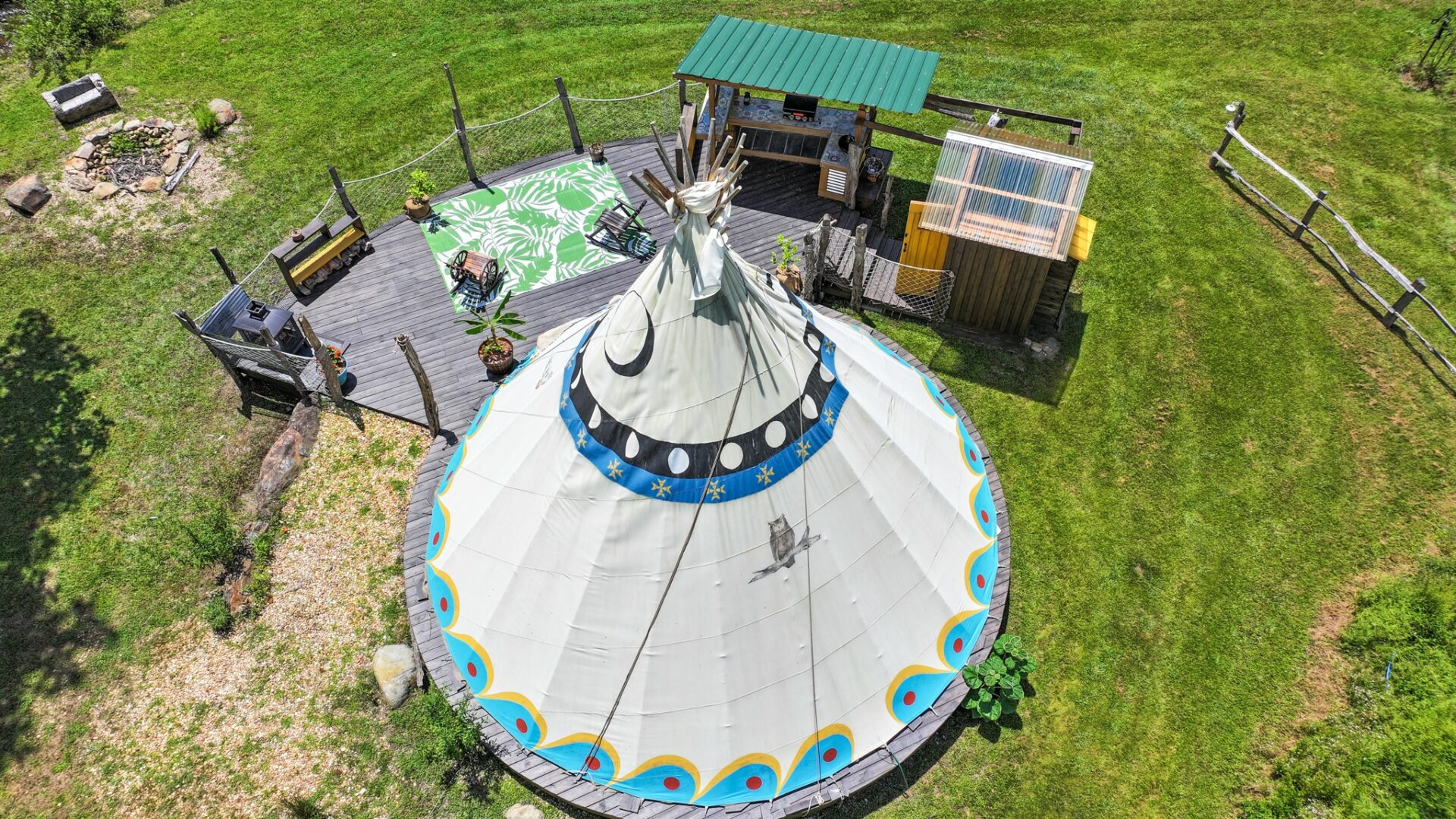
Image Credits
Blue Ridge Drones
so if you or someone you know deserves recognition please let us know here.

